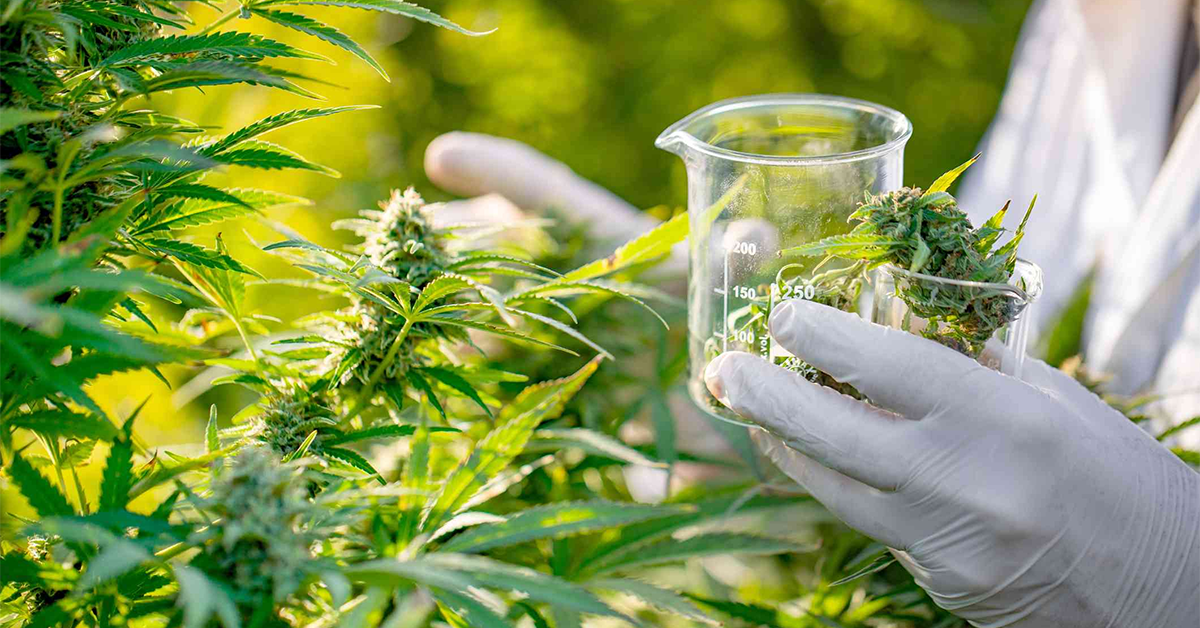Rare Cannabis Syndrome Cases Surge in Michigan Post-Legalization

In the aftermath of marijuana legalization in Michigan, a local hospital has reported a notable surge in cases of a scarcely diagnosed cannabis-related condition, according to a recent study.
The condition, named cannabinoid hyperemesis syndrome (CHS), is primarily seen among long-term cannabis users. CHS manifests with acute symptoms such as intense vomiting, nausea, significant weight loss, and severe abdominal pain. One of the challenges in studying CHS is the absence of a specific International Classification of Diseases, Tenth Revision (ICD-10) code, making its tracking especially intricate. This was shared by Dr. Brittany Tayler, FAAP, the Alice Hamilton Public Health Scholar at Michigan State University-Hurley Children's Hospital, during her presentation at the AAP National Conference & Exhibition.
Working alongside Jenny LaChance, MS, the research director at Hurley Medical Center in Flint, Michigan, Dr. Tayler delved into a comparative analysis of CHS cases among adolescents and young adults, assessing the frequency before and after the state's 2018 marijuana legalization.
Post-legalization, Dr. Tayler noted a more open dialogue from patients about their cannabis consumption. "Following legalization, it became evident that patients weren't receiving the care they deserved. The challenge lies in the perception that since it's cannabis-induced, patients are somehow at fault for their condition," Tayler shared in an interview with Healio.
The research involved a thorough chart review spanning from 2017 to 2022. By searching the electronic medical records for the ICD-10 code R11, linked to "nausea with vomiting, unspecified," and the broader term "cannabis-related disorders", the duo pinpointed 275 CHS cases among patients aged 13 to 26. The data revealed that out of these, only 30 were diagnosed before marijuana legalization, while a staggering 245 were identified post-legalization.
In terms of demographic data, approximately half of each group were identified as African American or Black. Interestingly, the researchers did not uncover any significant variation in documented marijuana use, both pre- (90%) and post-legalization (81.2%). Moreover, the reported alcohol consumption remained relatively consistent, with 37.9% pre-legalization and 28.9% post-legalization. However, a striking discrepancy emerged when it came to tobacco or e-cigarette usage. Before legalization, every participant identified as a smoker, which sharply decreased to 2.4% post-legalization. Dr. Tayler hypothesizes that this could be an indirect indication of their cannabis use prior to legalization, suggesting, "People might have been more transparent about their cannabis use, previously alluding to it through vaping or e-cigarette documentation."
The findings have bolstered the call for ICD-10 to allocate a unique diagnostic code to CHS. Dr. Tayler stressed the importance of shedding light on the potential side effects of cannabis, especially with prolonged and heavy consumption. "The prevailing notion is that marijuana is harmless. However, this isn't the case," Tayler remarked. "With the evolving societal norms placing cannabis alongside alcohol and tobacco, it's crucial that as medical professionals, we stay informed about potential harms and ensure our patients are well-aware too."
Share this article:
Spotted a typo, grammatical error, or a factual inaccuracy? Let us know - we're committed to correcting errors swiftly and accurately!








 Helpful Links
Helpful Links